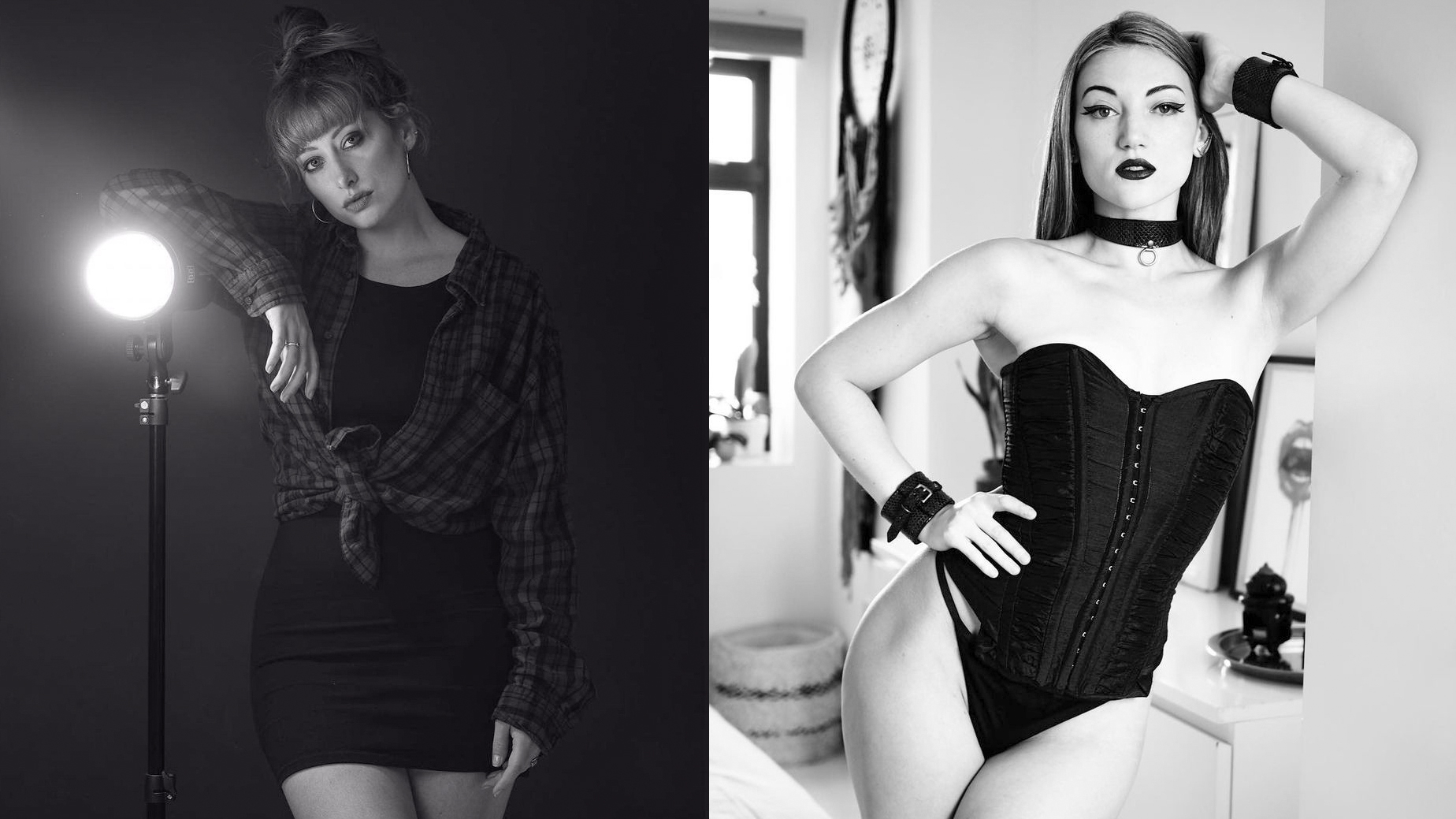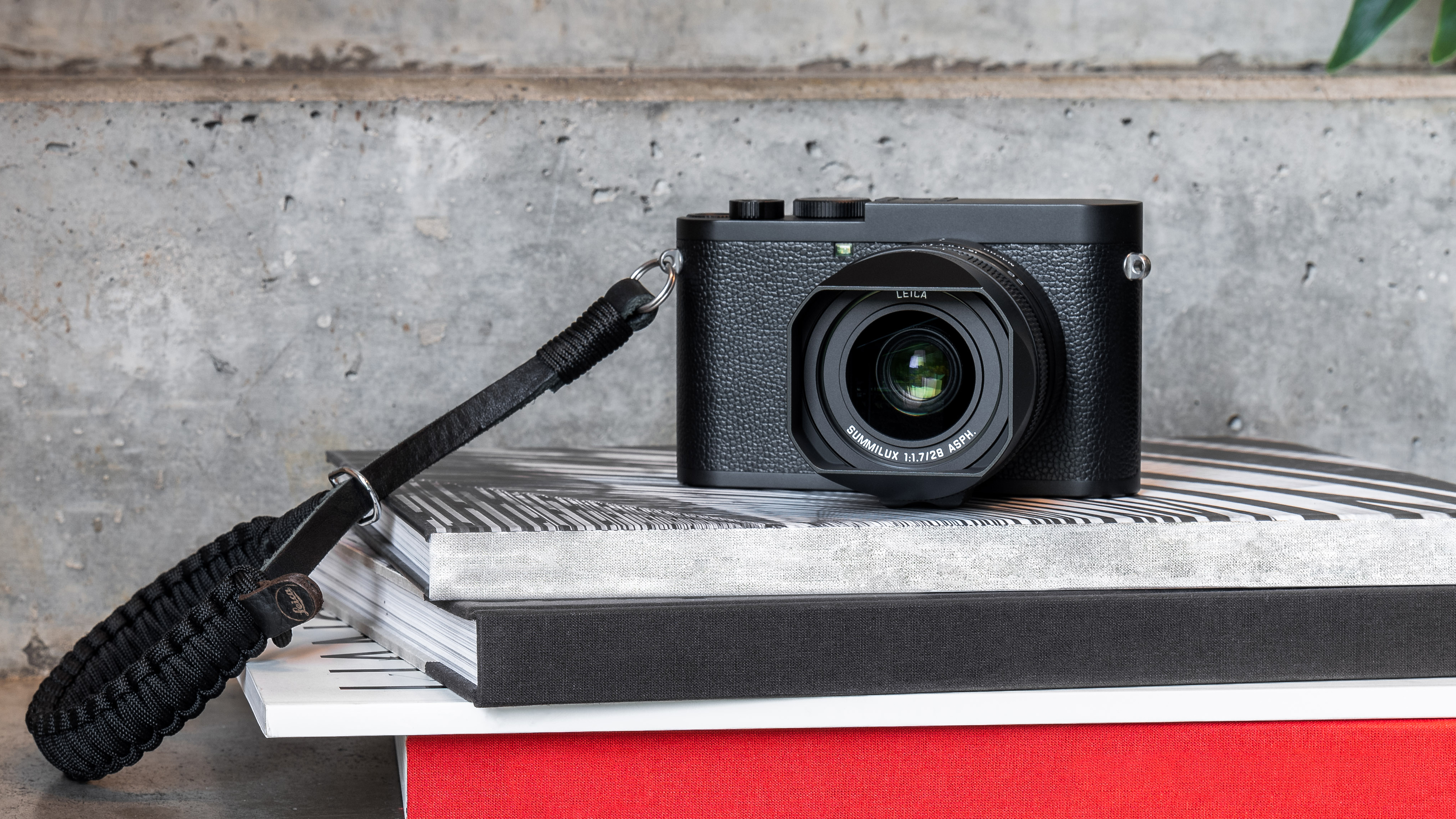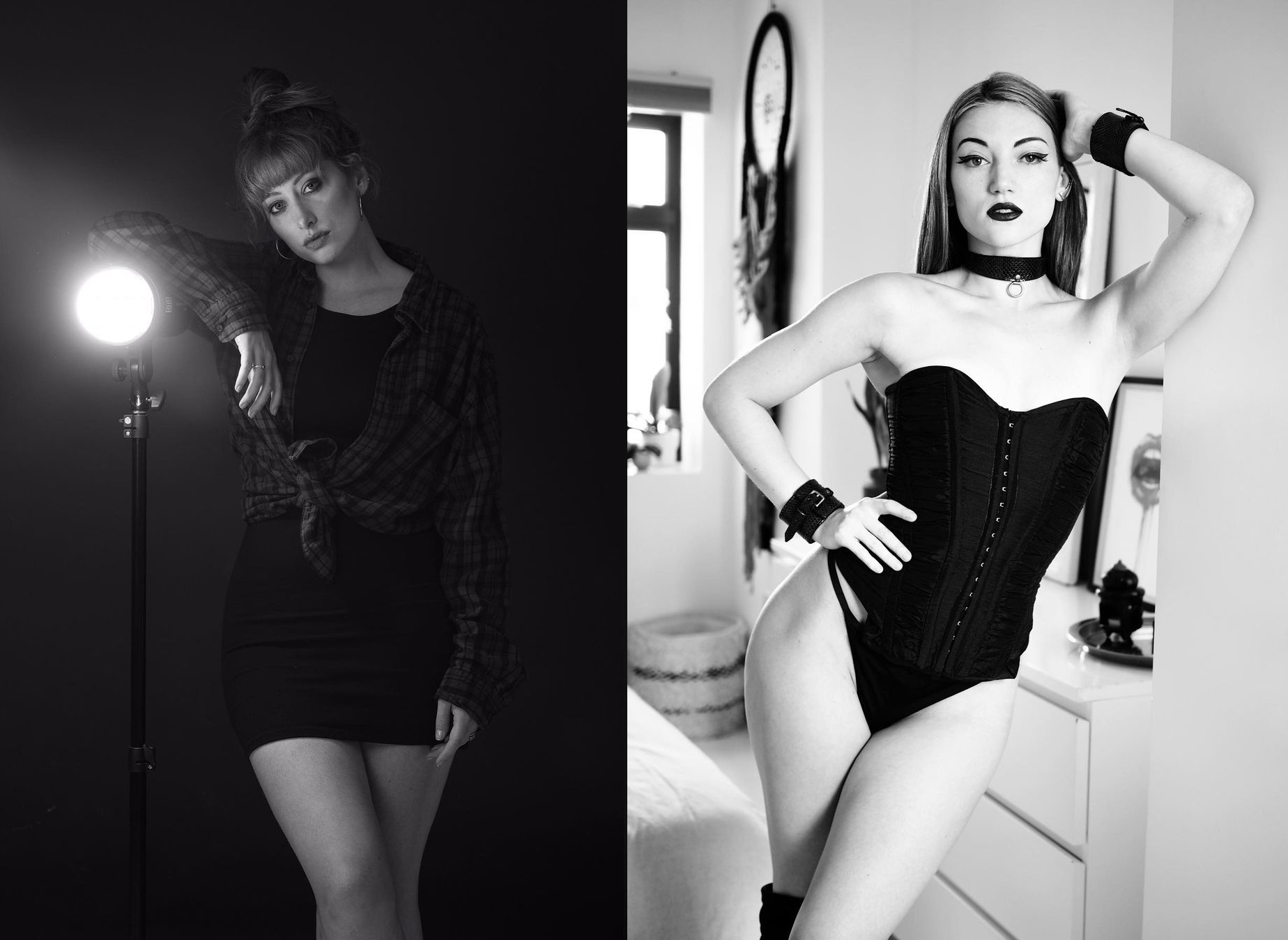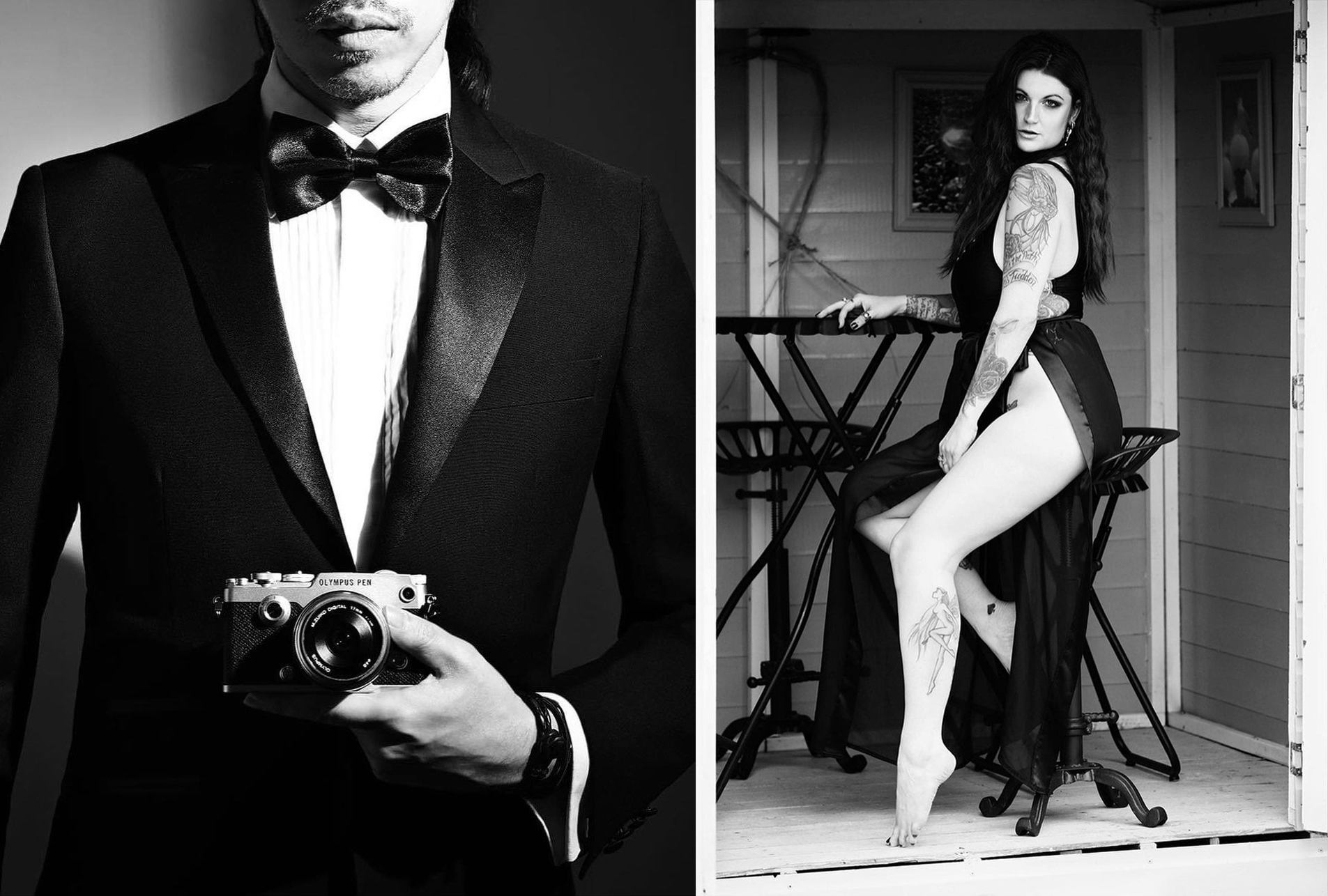
Last week, I pondered the existence of cameras that only capture images in black-and-white – and asked who actually purchases them. Well, you folks certainly had some responses to that.
Famously, Leica specializes in these cameras – with the new Leica M11 Monochrom being its latest, $9,000 mono body. Almost concurrently, Ricoh dropped the Pentax K-3 Mark III Monochrome at $2,200. And they're not alone; everyone from Phase One to Red to Ilford makes black-and-white cameras of some variety, costing all the way up to $50,000.
So, who buys these kinds of cameras for these kinds of price tags?
A reader called Henry didn't actually say that they'd bought one, but wasn't shy about the reasons somebody might.
"Seriously? Are you trolling or are you honestly ignorant? Monochrome cameras do not use a Bayer filter. Shooting through a Bayer filter is like looking through a pasta colander where MOST of the information is hidden behind the color filters. Removing the filter instantly increases the native resolution by a factor 4x. 'Converting' color digital images to black and white requires that the computer simply invent 75% of the pixel values rather than looking through the lens.
"It's the same as asking, 'Why would anyone buy a 100MP camera when you can simply enlarge the image in a photo editor to the resolution you want?' e.g. take a 36mp image and scale it up in Photoshop to 100mp. Same thing."

One person who does own one is Justin Aharoni, who spent $7,000 on the Leica Q2 Monochrom. "The decision wasn’t without some understanding of camera technology and conversations with my better half about the investment we were about to make. Like yourself she rightfully questioned the very idea of a different and more expensive device to do the same theoretical job.
"I agree with you on a practical level that majority of camera buyers are good with monochrome simulation or black-and-white conversion. I don’t think Leica was ever intended for the casual buyer, but creatives are increasingly able to generate wild amounts of revenue and are buying Leica for the status which I think is adding to the confusion of why all these people are buying them. Feels like this influx is happening rapidly."
Justin was kind enough to share what he has learned and experienced since using his Q2. "Cameras that produce color actually have a filter on the sensor that converts light to color, in short. Without them the sensor is only capturing luminosity, true monochrome.
"When converting a color image to black and white you have to adjust the individual color channels in order to get the blending in the grey gradients to really blend. Is it necessary for most applications, absolutely not. But there is a subtle difference when capturing luminosity, the image has a different feel and depth to it that is almost tangible."

He also added that he's learned to "see" scenes and visualize light differently. This jibes with Bill Mosca, who likens the mono cameras to shooting with mono film. "With b/w film, when I make an exposure, I'm fully committed to a monochrome image.
"This forces me to see and think in b/w in a way that digital color can't. Somewhere in the back of my mind I'm thinking 'I could make a color image from this exposure.' That said, a deep b/w mindset isn't worth the $9K or even $2.5K price tag."
I'm of the same mind. It's rare that I perform a color conversion; I always have an intention to shoot mono images, such as those above and below, and I will set my camera to mono mode so that I can visualize the scene that way.
In fact, while I won't go quite as far as buying a black-and-white camera, I do tend to use a specific camera if I'm planning to shoot black-and-white images: the Olympus PEN-F (pictured below) with its glorious Tri-X-like monochrome mode.
Still, it's fascinating to hear from someone like Justin on the difference that these cameras have made to the way he shoots and understands images. Make sure to check out his work on his website and his Instagram.

If you enjoyed this article, you might be interested in how to shoot the best black and white photography. For post-production, here's how to convert a black-and-white image in Photoshop, as well as how to print professional black-and-white photos.







